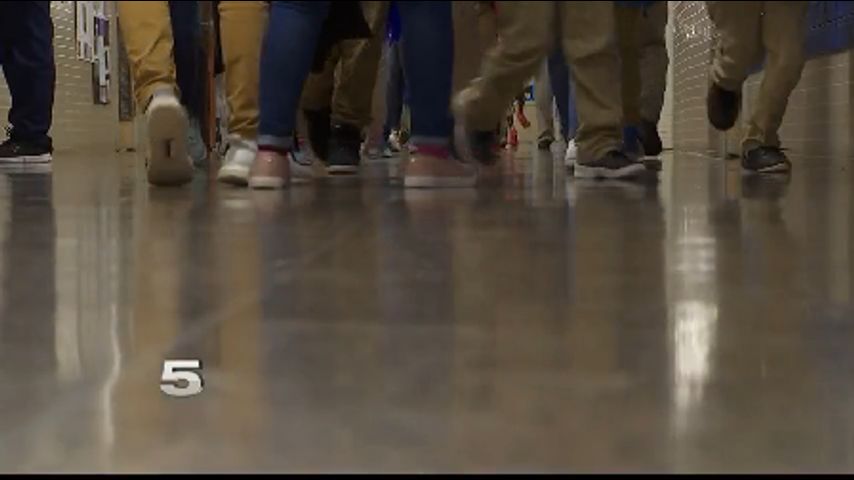Guidance Counselor Says Coping with School Shootings Begins at Home
HARLINGEN – “What if it happens at my school?” is a question often asked by children, following tragedies like Wednesday’s Florida high school shooting.
CHANNEL 5 NEWS wanted to know how concerned parents with worried children in the Rio Grande Valley should move forward. We spoke to a district guidance counselor to find out best practices for coping with your kids.
We learned following incidents like the Valentine’s Day shooting, guidance counselors sometimes see an increase in parents asking them to meet with their kids. They tell us one of the most important things you could be doing in times like these is to talk to your kids at home.
It all starts with gauging how your child is reacting to the news. All children, young and old, can worry about their own safety in their own schools.
“That’s a natural reaction,” explained Sandra Tovar, director of guidance and counseling with the Harlingen Consolidated Independent School District. “They see that at school. It happened at a school in Florida, ‘Oh my gosh, maybe something like that’s going to happen, you know, at my school.’ That’s a normal reaction for a child, so the parent really needs to visit with the child and talk to them and tell them you know, you’re going to be OK.”
Tovar tells us counselors are at school to hear kids out, but once they go home they hear it on the news and see their parent’s reactions. Those reactions play an important role.
“I think (parents) need to look at how they are handling the situation and then try to be the role model for their child because if they’re not handling it well, then the children are going to get that and feed off of that,” said Tovar.
Tovar says if a parent is experiencing anxiety or stress over the situation, they should hide it from their younger children. Parental reactions affect how children process situations.
“Limit the number of hours or the amount of time they are watching TV or social media because all of that does have an impact and does impact the child,” Tovar said.
Lastly, talk with your child if they want to talk. If they’re not bothered by it, Tovar says that’s fine too.
She says once children feel support from their parents, they’ll feel safer at school.




